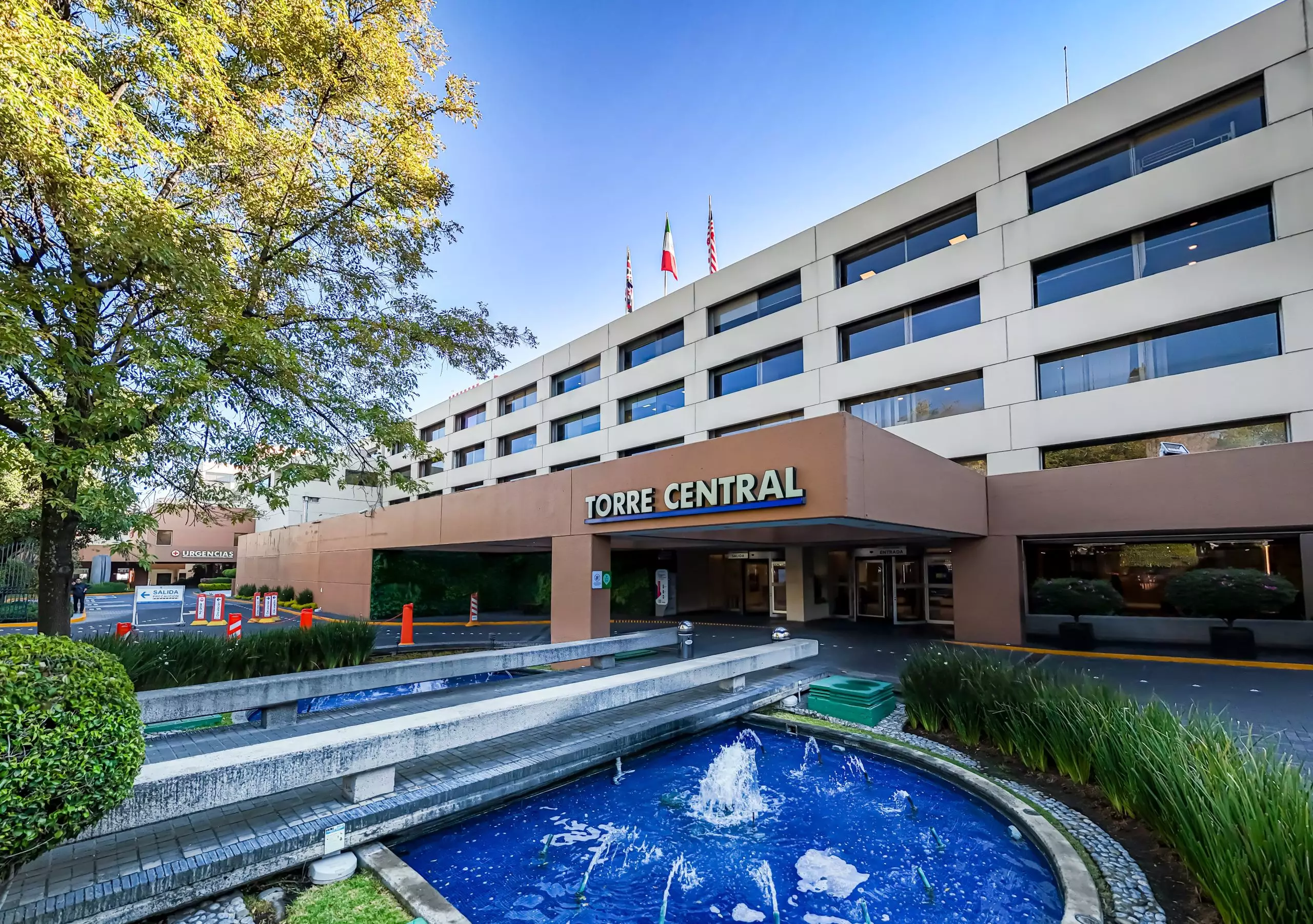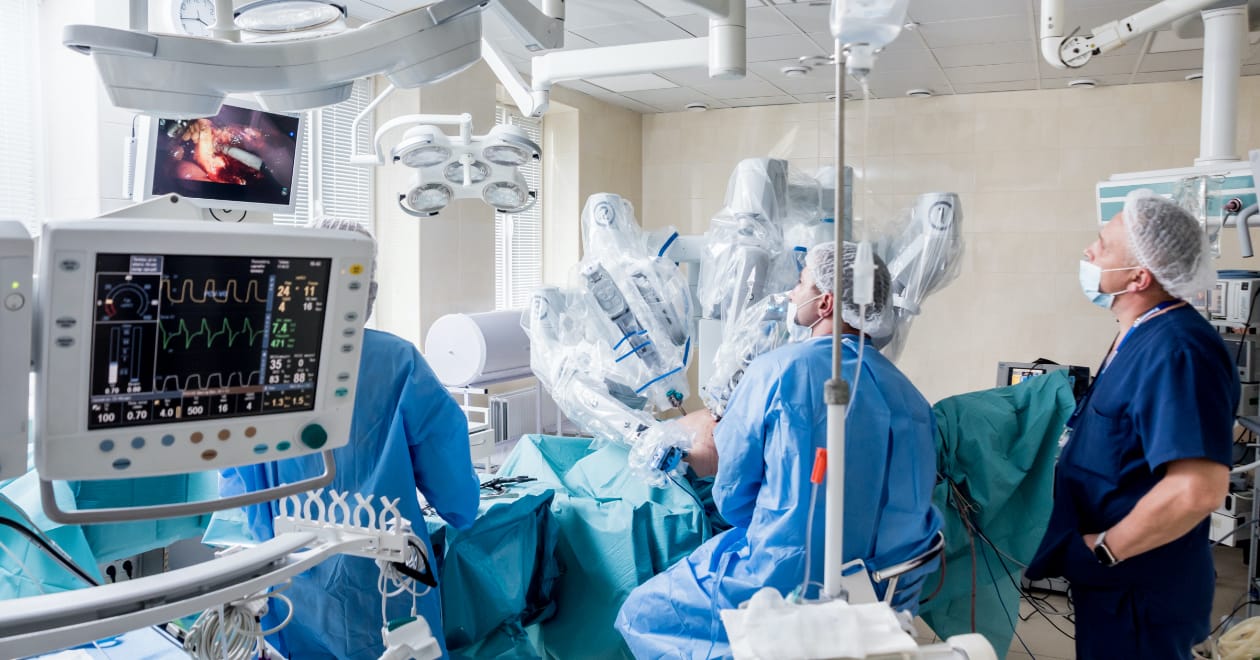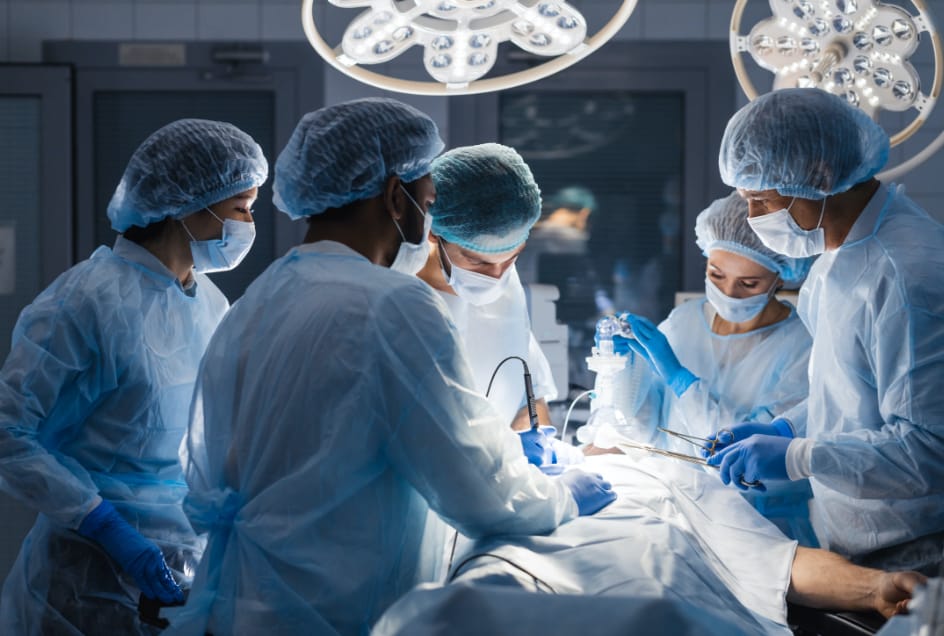Oncologic surgery
- State-of-the-art equipment and techniques: More advanced and less invasive technologies, such as laparoscopic surgery and robotic cancer surgery.
- Quality in surgical results: Either in the early stage in which surgery may be the only treatment, or in advanced disease performing complex and precise oncological surgeries that offer a greater chance of success than the rest of the treatments.
- Innovative approaches: Recognizing possibilities of cure in the resectability of certain controlled metastases and recurrences.
When is a oncologic surgery?
Surgery plays a major role in cancer treatment and encompasses a variety of procedures during the different stages of the disease.
In an early stage, from the taking of the biopsy to sending it to the pathology department and obtaining the initial diagnosis until the complete resection of a localized primary tumor.
In advanced stage it is the oncologist surgeon’s responsibility to help in the staging of the cancer. That is, determine how extensive the tumor is, if it has invaded locally, or has spread via the lymphatic pathway to lymph nodes or through the bloodstream to other organs. In certain types of cancer, cytoreductive surgery is indicated, the objective of which is to remove as much visible cancer as possible (gross disease) and then continue with other treatments, such as chemotherapy and/or radiotherapy. Surgery can improve quality of life by relieving pain, obstruction, or other complications caused by disseminated disease.
Breast cancer surgery with reconstruction
Thanks to breast reconstruction surgery, a breast that is as similar as possible to the contralateral breast can be recreated in patients who underwent a mastectomy (removal of breast tissue) as a way to treat or prevent breast cancer or another disease.
This reconstructive surgery generates significant changes in the patient’s life and can be performed through the use of breast implants, flaps and their different types and by mastopexy in the contralateral breast to seek symmetry in its shape and size.
Other functions of the oncologic surgery
It facilitates other treatments, such as chemotherapy by placing a Port-a-cath, a device that provides permanent venous access avoiding repeated punctures and makes possible innovative treatments such as intraoperative radiotherapy and HIPEC (hyperthermic or heated intraperitoneal chemotherapy) which consists of the application of hot chemotherapy directly inside the abdominal cavity, both in order to destroy the microscopic cancer cells that have remained after the surgery.
Cancer surgery goes hand in hand with reconstructive surgery that is planned immediately in conjunction with primary surgery or as a subsequent procedure.
In hereditary cancer syndromes and other conditions where there is a high possibility of developing cancer, your oncology surgeon reviews with you guide-based surgical options that reduce risk, and together with our geneticists, help you make an informed decision.
In Precision Oncology, the participation of the oncologist surgeon is essential since the diagnosis and/or during the evolution of the disease may require tissue to perform molecular studies in search of new therapeutic options, such as targeted therapies.
Other functions of the oncologic surgery
It facilitates other treatments, such as chemotherapy by placing a Port-a-cath, a device that provides permanent venous access avoiding repeated punctures and makes possible innovative treatments such as intraoperative radiotherapy and HIPEC (hyperthermic or heated intraperitoneal chemotherapy) which consists of the application of hot chemotherapy directly inside the abdominal cavity, both in order to destroy the microscopic cancer cells that have remained after the surgery.
Cancer surgery goes hand in hand with reconstructive surgery that is planned immediately in conjunction with primary surgery or as a subsequent procedure.
In hereditary cancer syndromes and other conditions where there is a high possibility of developing cancer, your oncology surgeon reviews with you guide-based surgical options that reduce risk, and together with our geneticists, help you make an informed decision.
In Precision Oncology, the participation of the oncologist surgeon is essential since the diagnosis and/or during the evolution of the disease may require tissue to perform molecular studies in search of new therapeutic options, such as targeted therapies.
Where to Find Us

Campus Observatorio
Sur 136 No. 116, Col. Las Américas, Álvaro Obregón, 01120, Cd. de México.







